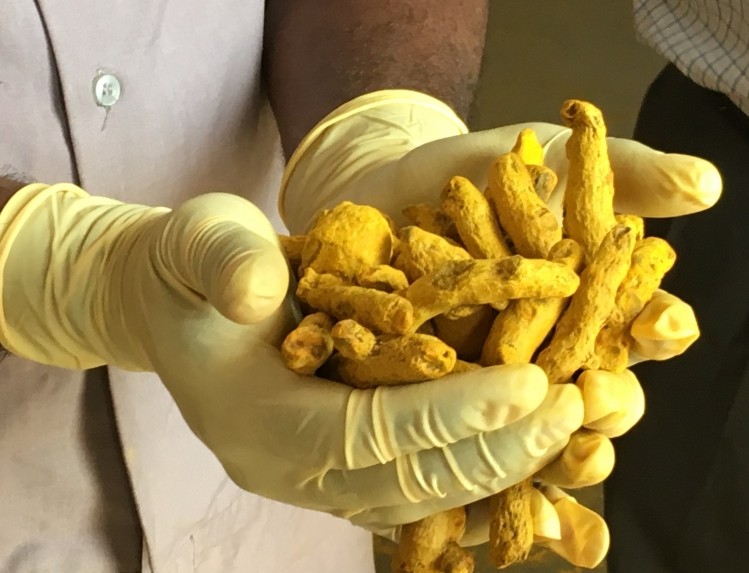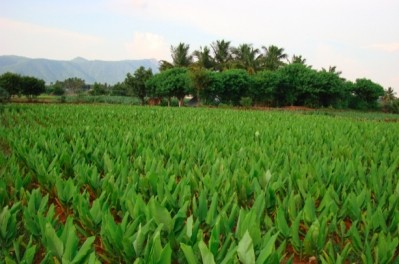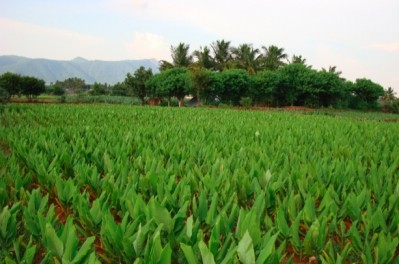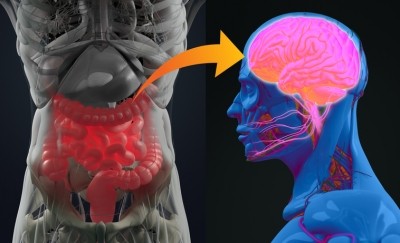Sabinsa curcumin ingredient cuts inflammation in brain injury study

The study used Sabinsa’s flagship curcumin ingredient branded as Curcumin C3 Complex. It was combined with BioPerine, Sabinsa’s black pepper extract which has been shown to help boost absorption of curcuminoids and other hard-to-absorb natural compounds with only a very low dose (5 mg). This turmeric (the raw material from which curcuminoids are extracted) and black pepper combination has a long history of use, as these make up two of the basic ingredients in the Indian curry spice palate.
The recent study was done by researchers associated with various universities and institutes in Iran. It was published in the journal Phytotherapy Research.
The researchers included 62 patients who were being treated for traumatic brain injuries. The subjects ranged in age from 18 to 65 and were broken into two groups: 18-40 and 40-65 and stratified by gender before being randomly assigned to placebo or treatment groups.
The subjects were then given a placebo or the treatment intervention (500 mg of C3 Complex and 5mg of BioPerine) for seven days during their treatment. They also received standard TBI care and enteral nutrition during their treatment.
Controlling inflammation key to better outcomes
The researchers measured the levels of the adipokines leptin and adiponectin in the blood streams of the individuals. Leptin is often referred to as the ‘hunger hormone,’ and is involved with the satiety feedback loop that controls food intake. However, it is increasingly associated with low level systemic inflammation as well.
Adiponectin is a hormone that is involved with a number of functions including glucose metabolism and fatty acid oxidation. It is associated with a beneficial, anti-inflammatory function.
Managing inflammation in TBI cases is increasingly seen as an important goal in treatment. Early intervention is associated with better long term outcomes. As a recent review on the subject put it: “TBI is not just an acute event but a chronic disease. Among many mechanisms involved in secondary injury after TBI, emerging preclinical studies indicate that post traumatic prolonged and progressive neuroinflammation is associated with neurodegeneration which may be treatable long after the initiating brain injury.”
Leptin levels drop
The researchers found a significant reduction in leptin levels in the treatment group. There was a trend toward higher adiponectin levels, but it did not reach statistical significance. The researchers noted that the curcumin invention was safe and well tolerated. Other research with this Sabinsa combo has shown its ability to restrict leptin levels while also boosting adiponectin. The Iranian researchers said the failure to do so in this case could be attributed to the very short term of the study.
“Leptin is a hormone as well as a cytokine. Known as a hunger hormone, while it plays out its role in energy regulation and obesity, its importance in inflammatory conditions and immune modulatory activities is being increasingly realized. Its relationship with other pro-inflammatory mediators points to its general tendency to promote or sustain chronic low grade inflammation leading to chronic disease conditions, therefore control of pro-inflammatory leptin activity is quite relevant,” said Dr N. Kalyanam, director of R&D at Sabinsa.
“The present results, while preliminary, are a promising indication as to consideration of curcuminoids use by qualified physicians as an adjuvant therapy in TBI cases. In this, the safety of curcuminoids also is a crucial supportive criterion,” he added.
Source: Phytotherapy Research
DOI: 10.1002/ptr.6749
Effects of supplementation with curcuminoids on serum adipokines in critically ill patients: a randomized double-blind placebo-controlled trial
Authors: Shadnoush M, et al.









